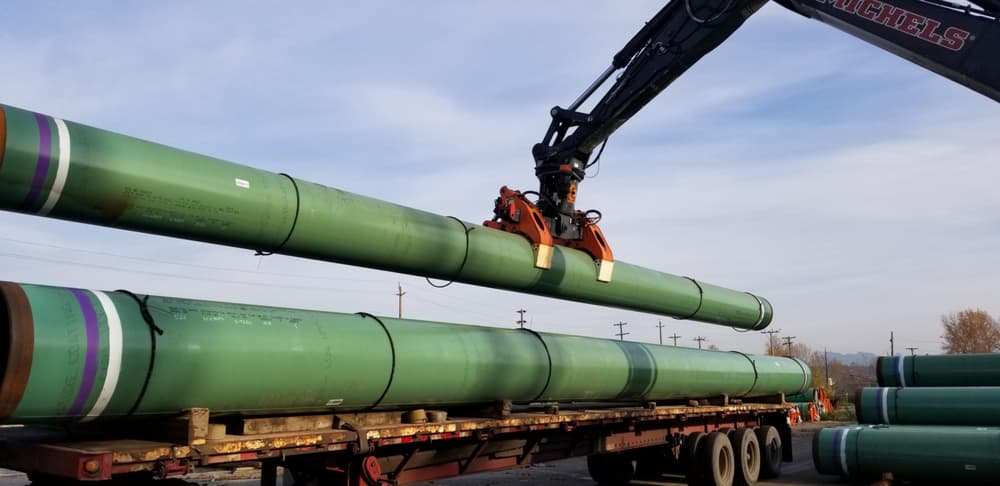Two First Nations in BC (The Upper Nicola Band and Stk’emlupsemc te Secwepemc) dropped out of the Federal Court of Appeal litigation last week leaving four B.C. First Nations to fight the case.
In a joint release with Trans Mountain on Friday, The Upper Nicola say that its deal represents a “significant step forward” toward addressing environmental, archaeological and cultural heritage concerns. Upper Nicola Chief Harvey McLeod went on to say that this was the “best deal” possible under the circumstances.
It went on to say that the agreement would provide resources to support its active involvement in emergency response and monitoring, but would also help in avoiding and mitigating impact on the band’s interests and stewardship areas.
“The bottom line is that the consultation process needs to change,” he says. “We still have a number of significant issues that must be addressed directly with Canada.”
The news release from the Stk’emlupsemc te Secwepemc said that its leadership came together and determined an agreement could be a tool, and used as part of a larger strategy to protect its cultural, spiritual and historical connections to the land.
A Trans Mountain spokeswoman said the two bands dropped out of the court challenge last week after continued discussions with the corporation.
“The conversations we had, understanding what their concerns were, seeing where we could address them, ultimately led to their decision to withdraw their participation in the Federal Court of Appeal,” Ali Hounsel said in an interview.
The four remaining Indigenous groups involved in the court challenge against Trans Mountain are the Tsleil-Waututh and Squamish Nations in Metro Vancouver, the Coldwater Indian Band in Merritt and a coalition of small First Nations in the Fraser Valley.

